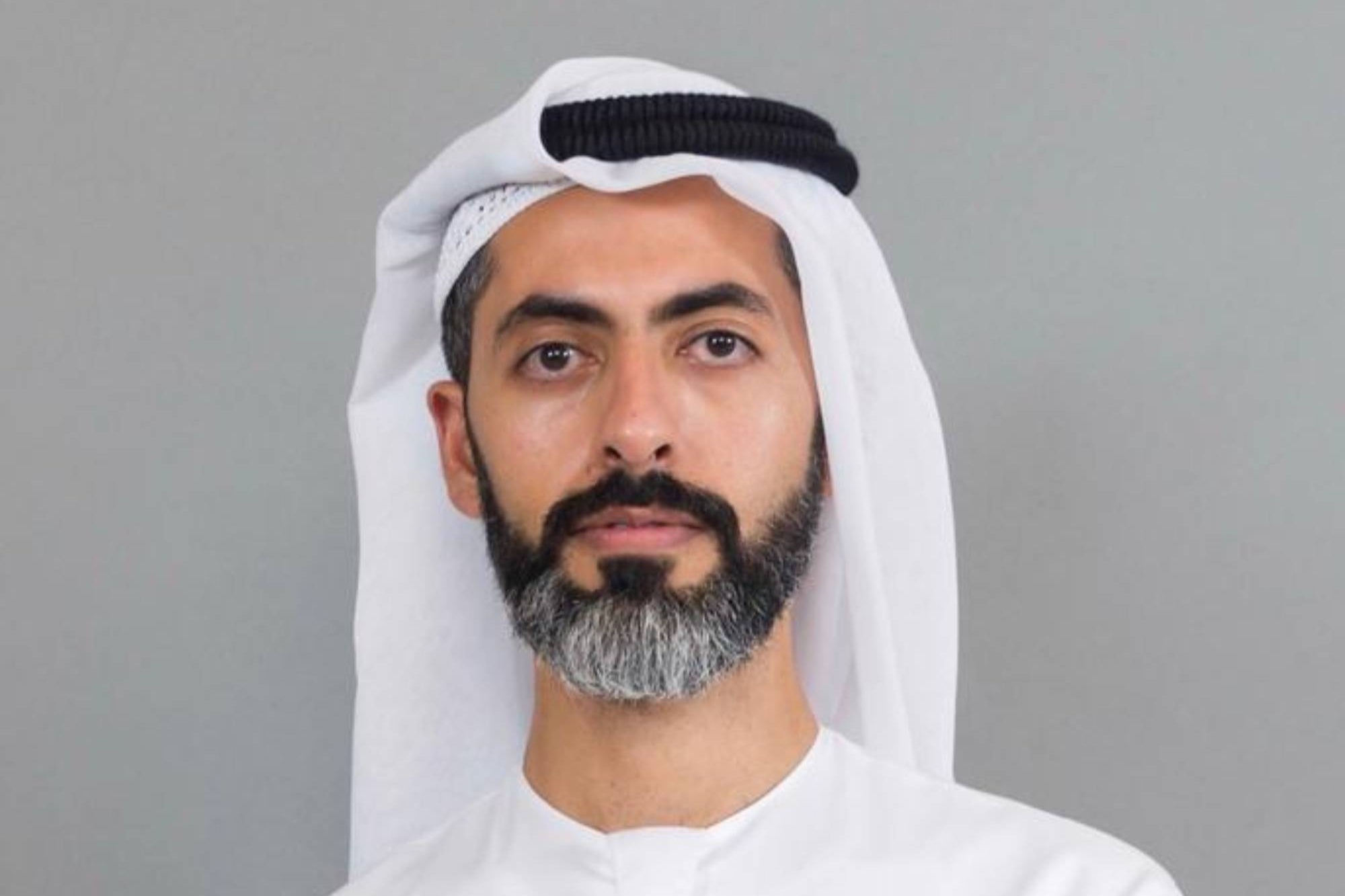2020, The Year That Was: Rashid Al Ghurair, Founder And CEO, CAFU "If anything, the pandemic has been a wake-up call for people and businesses to prioritize sustainability like never before."
You're reading Entrepreneur Middle East, an international franchise of Entrepreneur Media.

For businesses that were navigating the economic crisis caused by the COVID-19 pandemic in 2020, it's fair to say that it would have been hard for them to focus their efforts on anything other than boosting their own bottom lines. But this year has brought forth several examples of enterprises that decided to look beyond their own profits, and instead turn their attention on how they can go about serving their communities, which has led them to contribute to something larger than just themselves, while also securing their success in the long term.
This seems to have been the methodology that Rashid Al Ghurair has made use to govern his Dubai-born startup, CAFU, the MENA region's first on-demand fuel delivery and car service, through the course of 2020. "In such times of uncertainty and adversity, we as businesses and business leaders have the choice to pause, reflect, and to really listen to the needs of our employees and customers," Al Ghurair says. "To be more agile and see what we can do to deliver more value, rather than simply an improved product or service. As a proud business leader myself, I have reflected on how one of my business ventures, CAFU, should adapt to the world we are in now. Which is why in July this year, we made a bold decision to adapt our business model by permanently removing our fuel delivery charges -making us the same price as a petrol station- to put dirhams back into the pockets of our customers when they needed it most."
"But it doesn't stop there," Al Ghurair continues. "We also have a responsibility to the communities in which we operate, and the world in which we live, to do more to meet their needs, and contribute not just to driving our economy forward, but also securing our environment for future generations to come. If anything, the pandemic has been a wake-up call for people and businesses to prioritize sustainability like never before. As we reached our two-year milestone in November, we announced the CAFU Sustainability Deal, our strategy to help drive us towards becoming carbon neutral. As part of this, we have aligned ourselves with the United Nations Sustainable Development Goal 13 on Climate Action, and we have also made great strides in our testing, research and development on the Ghaf Tree Project –our pledge to plant a million ghaf trees in the desert– which is helping to fill a knowledge gap by creating a solution that can be used to plant ghaf trees at scale in the harsh desert landscape."
At this point, it should be pretty apparent that the potential impact of CAFU's Ghaf Tree Project is massive and goes beyond 2020, or even 2021, for that matter as Al Ghurair put it, "What we're looking to achieve is a model built to combat climate change, anytime, anywhere."
Related: The Year That Was: Tamim Khalfa, Co-founder And CEO, Toters
Time for introspection: Rashid Al Ghurair, founder and CEO, CAFU
1/ Care more, do more
"If there's one thing the global pandemic has taught me, personally and professionally, it's that as human beings, and more so as business leaders, we have a responsibility to care more and do more to support our employees, our customers, and our communities."
2/ Be bold, be agile
"The pandemic has also thrown us into the deep end, and businesses that survived and even thrived are those that have shown agility and bold innovation to adapt and prepare for any situation."
3/ Deliver value, not products
"Businesses that will stand the test of time are those that focus on the value they are delivering to their customers and communities, as opposed to an equine view of the product and profit."
Related: The Year That Was: Charlie Weaving, Managing Partner, LIVIT Hospitality Management










